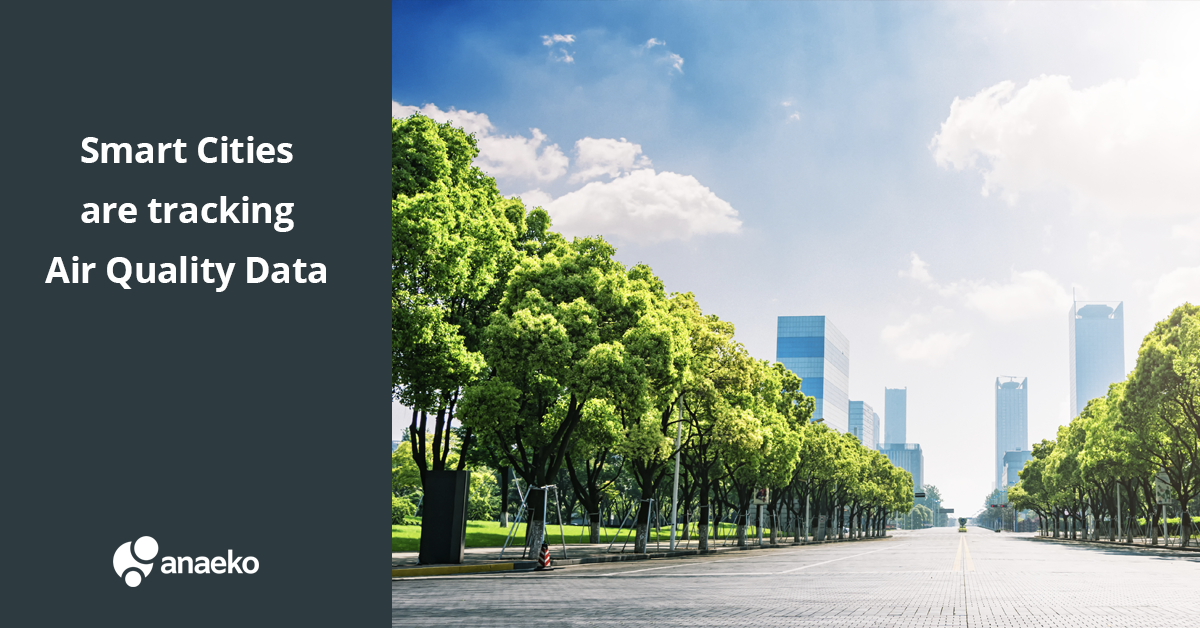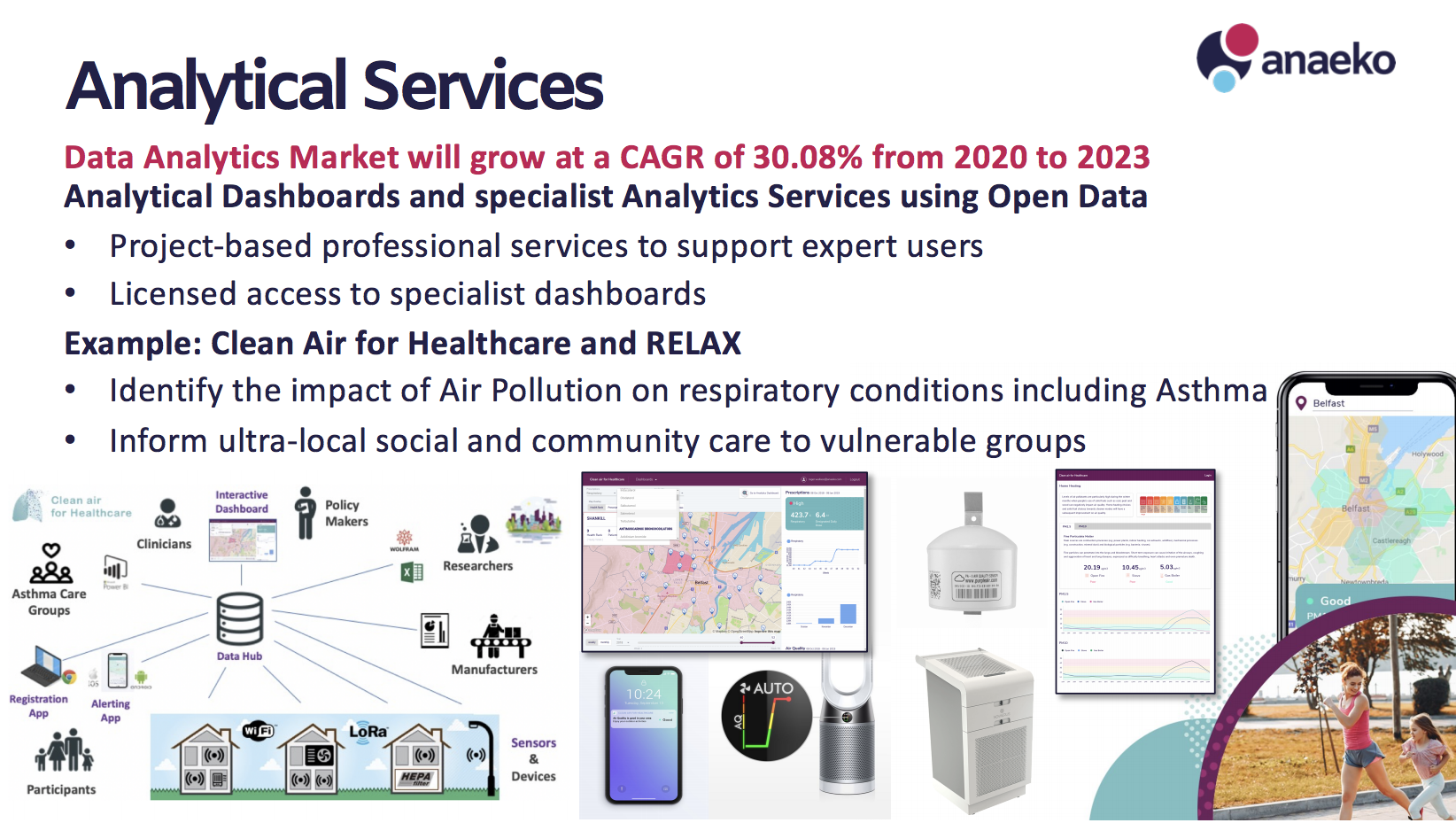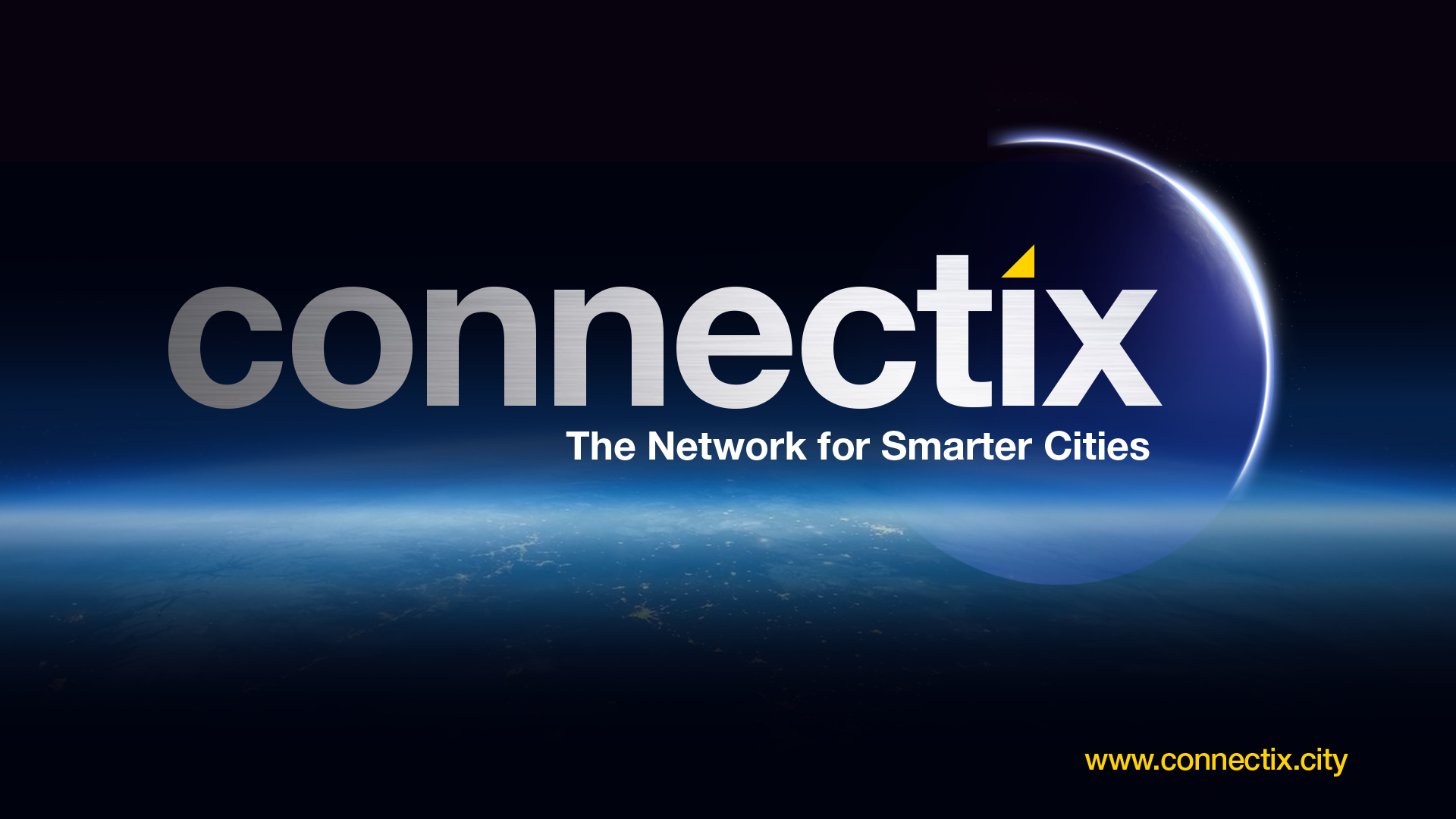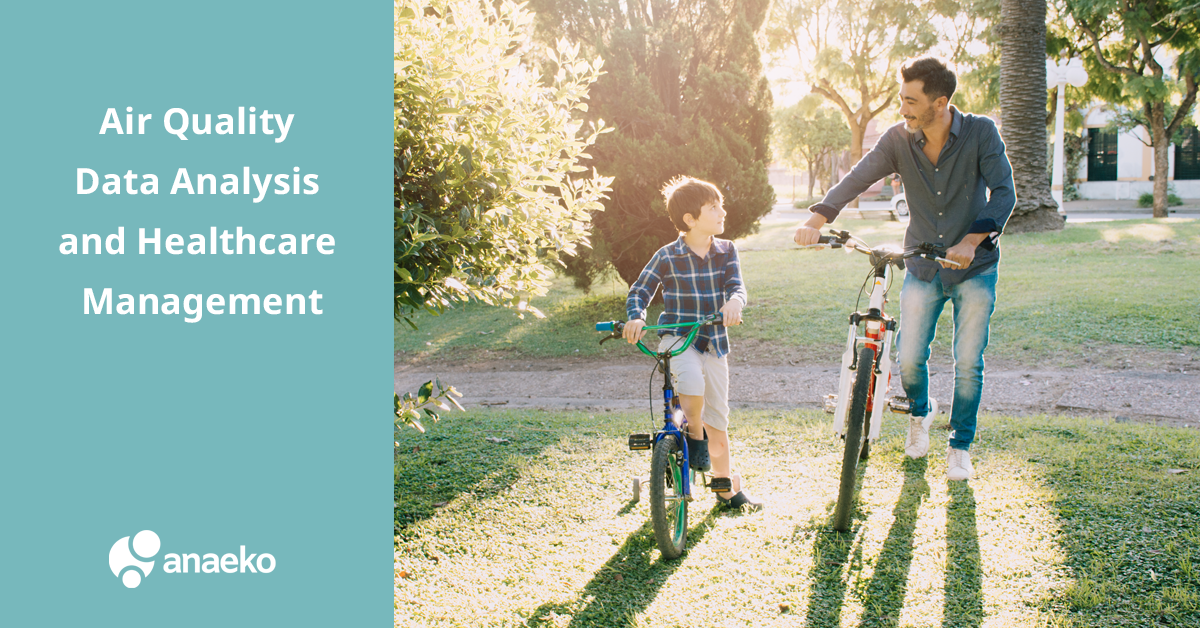A smart city is "An urban area using different types of data and sensors to provide information, with the goal of efficiently managing assets and resources." (DisruptorDaily)
With the help from IoT and communities smart cities can improve their urban environments by streamlining public services, help energy distribution, decrease traffic congestion, and improve Air Quality.
55% of the population live in urban environments and these environments play an essential role in human health and wellbeing. Air pollution is an important factor contributing to human health and there is an increasing focus on solving this problem within many cities across the world.

Smart cities are taking advantage of IoT and developing sensors to record real-time air quality data. Moving away from traditional silo-ed data and turning smart cities into data hubs where collaboration and innovation can combine data to improve quality of life and improve city operations. Real-time air quality data alongside other environmental, health, or travel data can provide citizens with the information they need to make informed decisions.
For example a project completed in 2018 in Leeds called ACCRA (Autonomous and Connected vehicles for CleaneR Air) aimed to develop a system where combined air quality, weather and geofencing would allow remote control of an electric vehicles energy management system and ensure it is running at zero emissions when travelling through poor air quality areas. Find out more.
At Anaeko a use case had been identified were we could provide informative dashboards in order to determine and understand the relationship between air quality and health conditions. A health data research platform was built by combining 11 sources of data across health, geospatial and pollution.

A data hub with a set of user defined dashboards on top allows each dashboard to be user specific. A view of real-time aggregated data and critical insights for that user. Giving access to various areas of a platform and data that can be analysed, compared and drive decision making. Find out more.
For smart cities to be successful and inform citizens there are some elements that need to be in place like:
- Big Data Integration - a smart city will revolve around the ability to combine data from multiple sources allowing for better decisions and cities to be built in the most energy and health efficient ways.
- Seamless Wireless Connectivity - the base for any smart city technology is reliable wireless connectivity.
- Open Data - all participants in the complex smart city ecosystem must look towards sharing and combining data to achieve better outcomes and analysis in real-time.
- Trusted Security - smart cities depend on reliable and accurate data that is stored, and analysed so these data hubs must take every step possible to ensure data is stored correctly and trust is key.
Urban environments continue to expand and grow with technology developing alongside to improve citizens wellbeing, health and create a sustainable environment. Cities will need to collaborate with each other to drive innovation with multiple sectors combing data and resources to build real-time contextual data that benefits citizens.
With smart city data growing, every organisation must optimise their data in order to meet customer expectations, reduce risk and maintain competitiveness. Anaeko is your trusted data partner with a portfolio of data optimisation services that support your data maturity journey.

Topics: Smart cities, green, Analytics as a Service, Data, Data Optimisation, Air Quality, data sharing, IoT


